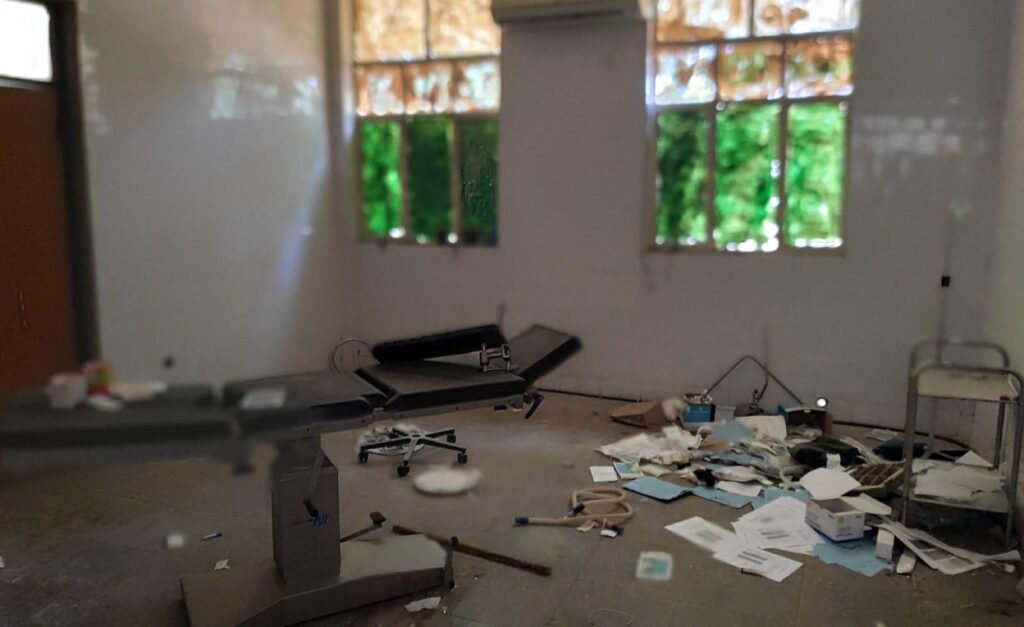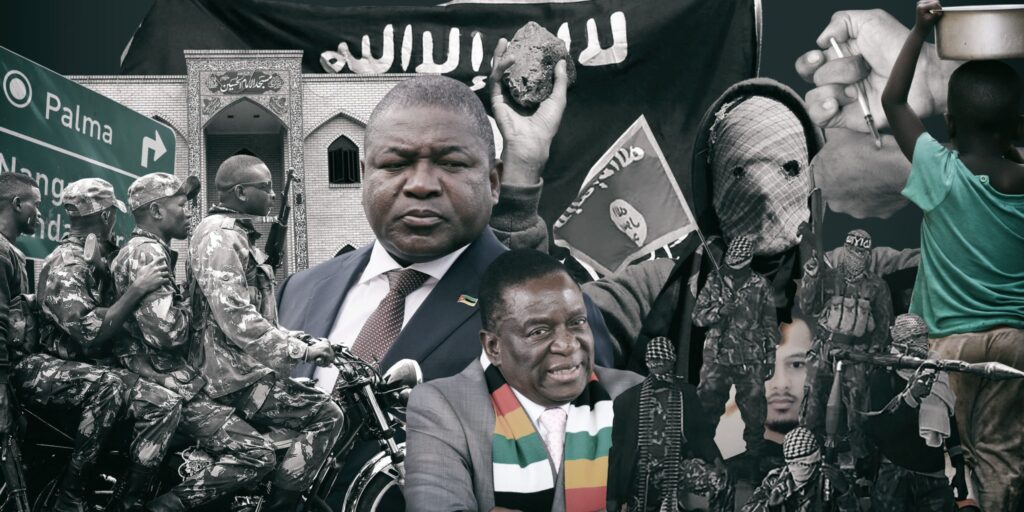Algérie : à Oran, la répression se durcit contre les militants du Hirak
Depuis le retour des manifestations antirégime, le 22 février, les forces de sécurité de la ville sont sur le qui-vive.
Quand ils quittent le tribunal d’Oran, mercredi 28 avril, Kaddour Chouicha, vice-président du bureau local de la Ligue algérienne des droits de l’homme (LADDH), et son épouse Jamila Loukil, journaliste au quotidien francophone Liberté, ne s’attendent pas à être une nouvelle fois interpellés par la police.



